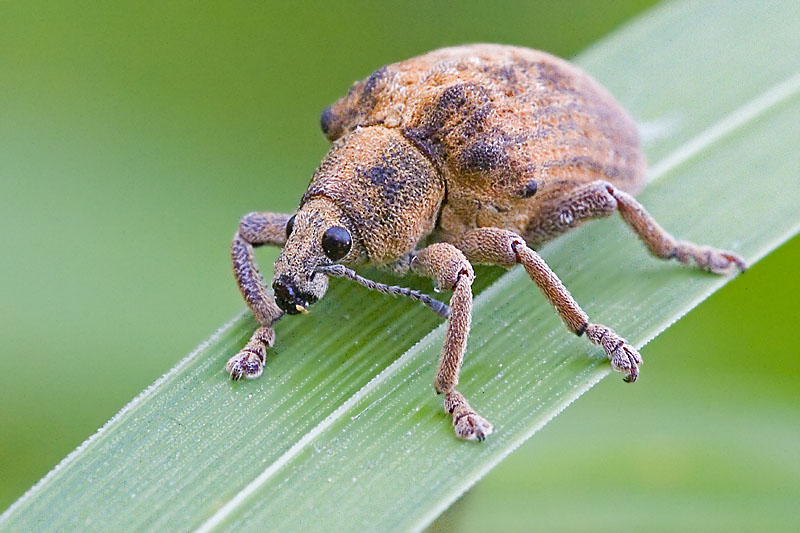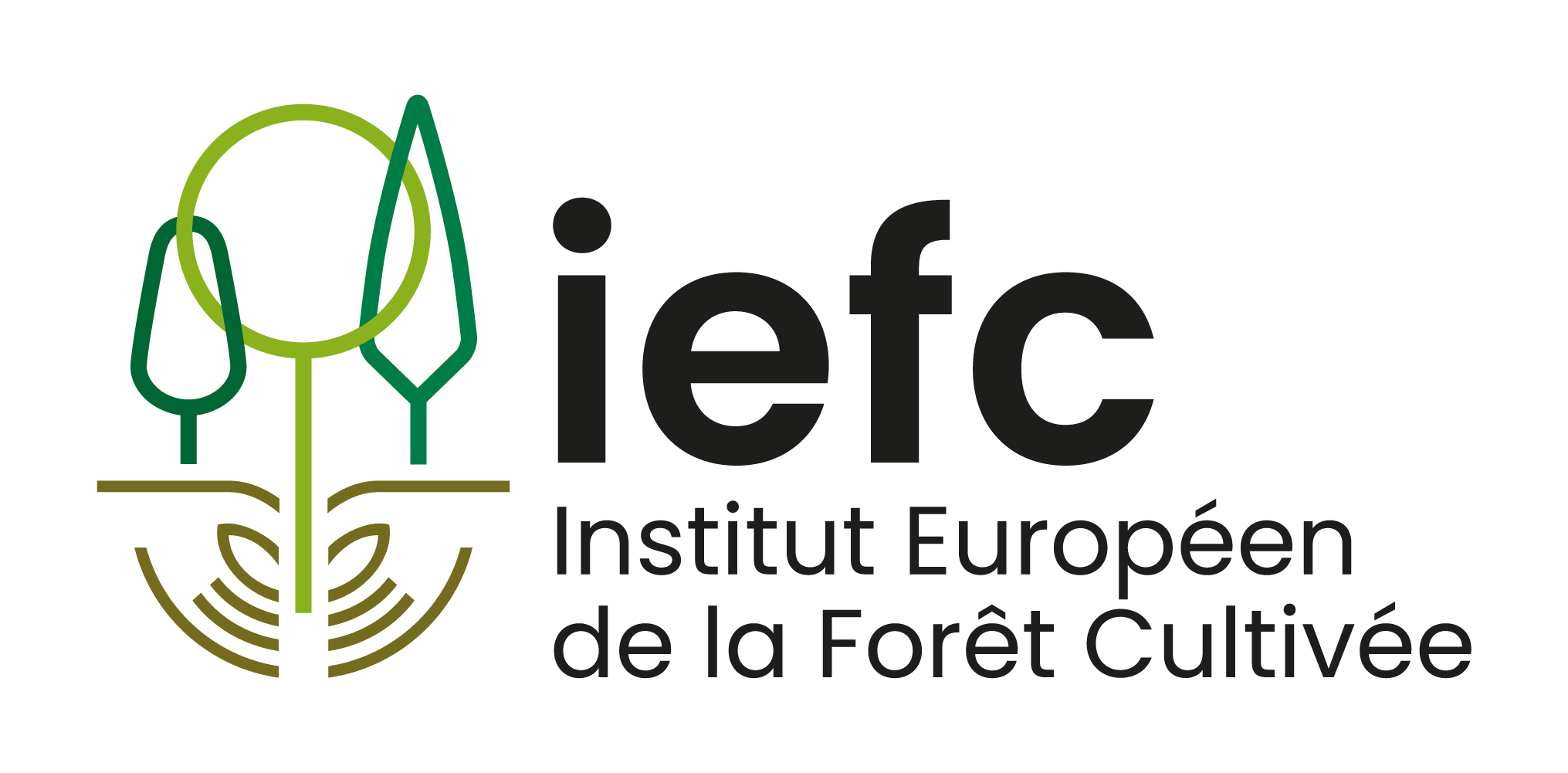Categoría: IEFC Newsletter
French recovery plan: 45,000 hectares of forests to be planted and a boosted research effort
On the 3rd of September, the French Prime Minister presented the “France Relance” plan, a roadmap for the economic, social and ecological refoundation of the country. 100 billion euros are
¿Cómo podemos acelerar los procesos de mejora de coníferas élite para el sector forestal?
Utilizando la embriogénesis somática para abastecer de forma competitiva de una mezcla de variedades mejor adaptadas a los efectos derivados del cambio climático: el proyecto MULTIFOREVER desarrolla nuevas estrategias. En
Mercado de la oleorresina de pino en un contexto de crisis sanitaria
International trade data for oleoresin and the primary processing products rosin and turpentine are not always made transparent by the customs services of the different countries. Therefore, one of the
Use of genetic forest resources to face climate change

The results of a recently published study by the GenTree project show that, although forest managers support the use of different forest genetic resources, adapting their planting strategies to cope
Assisting forest managers in assessing insect defoliation impacts

Eucalyptus globulus Labill. plantations in the Iberian Peninsula occupy nearly 1.5 Million ha but Millions of Euros are being lost due to growth decreases caused by insect defoliation. The existence
Gene expression modification toward climate change adaptation (EPI-CATCH COST Action)
Epigenetics is the science that analyzes the modification of gene expression as a function of the environment. Since trees cannot move, it is obvious that gene response to climate change
Assessing tree stability in spruce plantations (the MARCSMAN project)
Under the scope of the MARCSMAN project, a PhD study focusing on snow and wind damage in actively managed Norway spruce forests in Norway has been started by Peter Zubkoc
HOMED project : assessing 18 months of work on emerging biotic risks
Due to global change, forests are exposed to unprecedented threats from non-native pests and pathogens (PnPs). In Europe, their number has increased and continues to increase dramatically. Currently, the greatest
IEFC member University of Valladolid strengthens its cooperation with Vietnam by creating a virtual campus in Hanoi during the COVID19 pandemic
iuFOR (Forestry training at the University of Valladolid) is launching an online forestry training tool to support universities in Vietnam. Several years of collaboration between the University Institute of Sustainable
